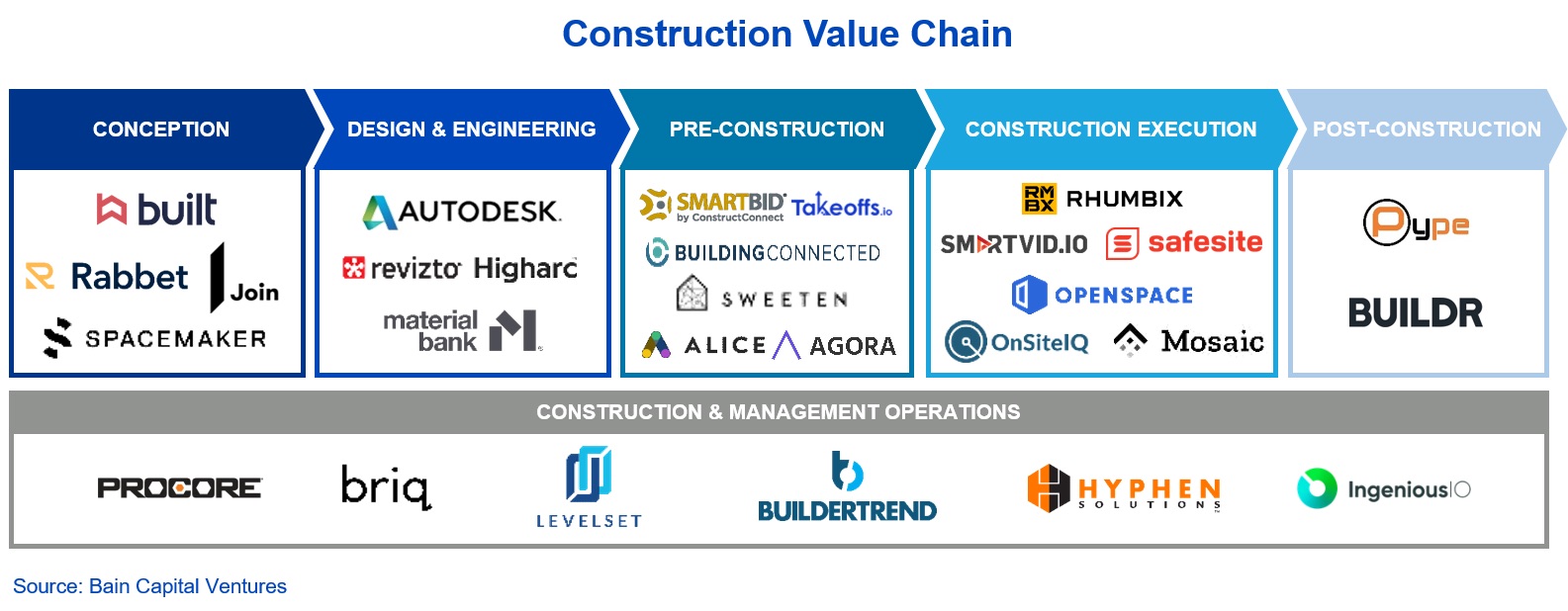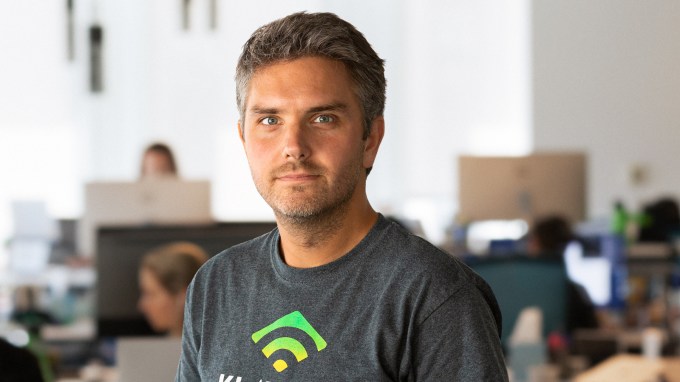Masayoshi Son, the founder and CEO of the Japanese conglomerate SoftBank, has had a topsy turvy year or two, but the story he is eager to tell is that he is back and in the black.
Such was the overarching message delivered at a virtual Dealbook conference earlier today, with Son joining from Tokyo and sounding sanguine about a wide range of issues, from TikTok’s future (SoftBank is an investor in its parent company, Bytedance); to the future of ousted WeWork cofounder Adam Neumann, a company on which SoftBank has lost billions of dollars (“I’m a big believer that someday he will be very successful”); to SoftBank’s ability to shop opportunistically, thanks to a massive asset sell-off that Son says has provided SoftBank with “$80 billion in cash on hand.”
If you missed this chat, here are some highlights, starting with the one thing that is causing the “optimist” Son to feel “pessimistic in the short-term.”
On COVID-19:
Son says that in March, he was accused by local medical professionals of trying to cause a panic after tweeting about his concern over the coronavirus. SoftBank has since begun operating the largest private testing facility in Japan, a country of 126.5 million that is currently seeing roughly 1,300 new cases each day (compared to the U.S., home to 328 million people and currently seeing more than 166,000 new cases each day).
Son credited Japanese citizens with the country’s success to date in battling back the pandemic, saying they “all wear a mask by themselves . . .they are very conscious about this.” But he said that “any disaster” could happen “in the next two to three months” before the mass production and distribution of a vaccine. A “major company could collapse” causing a domino effect, not unlike what happened when Lehman Brothers was abruptly forced to file bankruptcy in 2008, shaking up the entire banking industry as it did so.
“Anything that happen in this kind of situation,” said Son, adding, “I think it’s getting better with this news of the vaccines’ success. But I still want to be prepared for the worst-case scenario, so that’s why today we have almost $80 billion cash in hand ourselves.” Son went on to say that SoftBank has “enough funding,” but that “I thought cash is very important in this kind of crisis.”
On that massive cash pile:
Interviewer Andrew Ross Sorkin did not ask, and Son did not remark, about Elliott Management, the hedge-fund firm believed to be the second biggest shareholder of SoftBank and which reportedly pressured Son to sell off assets and buy back some of its own shares, whose price had fallen precipitously earlier this year.
In the meantime, Son suggested that it was his own decision to snatch up depressed SoftBank shares, saying that when in March, the company’s price has sunk almost 70%, “I said, ‘Oh my god, this is the best time for me to buy back shares when our discount to the our underlying asset went over 70%, like 75%.’ So I could buy our own company for one-fourth the price of underlying assets. I said, ‘Oh my god, I should buy, I should buy it.'”
Son did answer whether part of that asset sale was also driven by an interest in plugging more money into SoftBank’s existing portfolio companies — some of which have suffered during the pandemic — or whether he anticipates being able to swoop in and buy up other, new assets.
Unsurprisingly, Son said that “If we can invest in these front end companies, if we can invest more into those opportunities, I will be aggressive,” noting that pricing for so-called unicorns that need funding has improved.
On the WeWork debacle and lessons learned:
Speaking of unicorns, Sorkin brought up WeWork, the coworking company into which SoftBank somewhat famously plugged at least $18.5 billion, “billions” of which it subsequently, acknowledged Son. Sorkin asked what lessons were learned from SoftBank’s involvement with the company, but Son, who later said in the interview that he is someone who likes to admit to his mistakes and to learn from them, didn’t exactly acknowledge a failing on SoftBank’s part, pointing the finger instead at cofounder and former CEO Adam Neumann, who was elbowed out the door of the company roughly a year ago.
Said Son: “I think this is a lesson that Adam Neumann himself is telling himself he made a mistake. He’s a smart guy. I think he admits he made a few mistakes. I think that he’s a smart guy, he’s an aggressive guy, he has lots of capability, he can convince people, he’s a great leader. But he made some mistakes. Any human makes some mistakes, and in total score, his investment, his decisions–
“And I’m part of the responsibility of his mistake. So, I still love him. I still respect him. I’m sure he would come back and do some great stuff in his rest of the world and his life. So I’m a big believer that someday he will be very successful. And he would he would say he has learned a lot from his prior life.”
On the Trump administration’s efforts to ban TikTok in the U.S.:
Son has a vested interested in TikTok’s success. It was roughly two years ago that it led a $3 billion round in TikTok’s parent company, Bytedance, which was valued at $78 billion at the time and which is currently raising a new round from investors that would value the still-private company at a whopping $180 billion, according to recent reports. (It’s very much a SoftBank-style deal in this regard, and it will be interesting to see if SoftBank is leading this next round at more than twice the company’s previous valuation.)
As for the pressure it came under this fall to sell its TikTok’s U.S. operations, with Oracle and Walmart both involved in the bid, Son called it a “sad thing” if a service that “people enjoy a lot gets continued because of some political concerns [over] something that is actually not happening.”
Son insisted Bytedance has no interest in compromising the privacy of its users or the national security of the countries in which TikTok operates, be it the U.S., India, Japan, or European countries, but he added that for those regions with lingering concerns, there is “always a solution, like putting servers in each country where the politicians may feel much more comfortable about protecting security national security.”
Said Son, “There is always a technical solution.”



